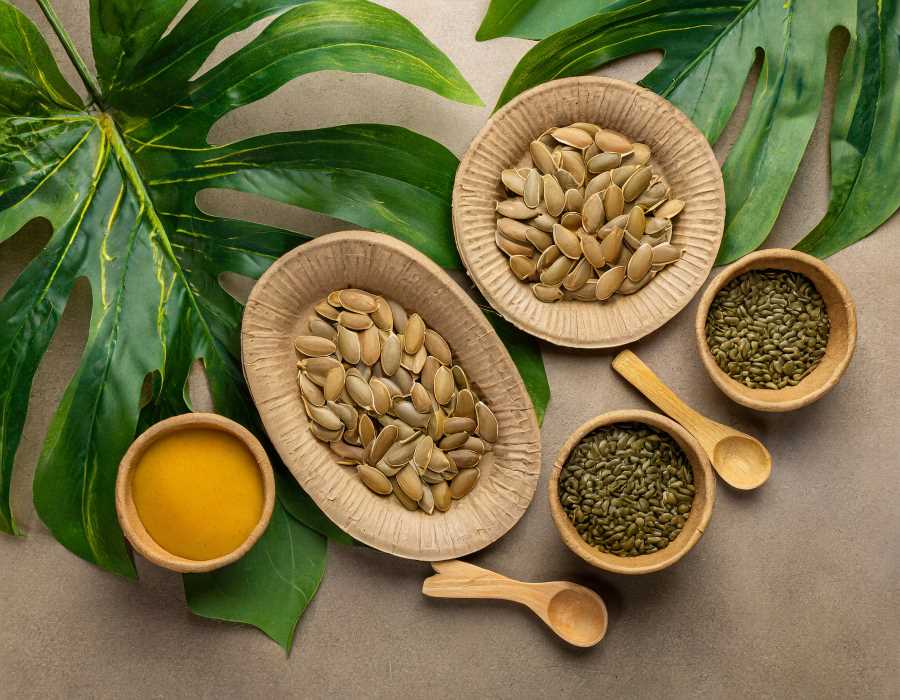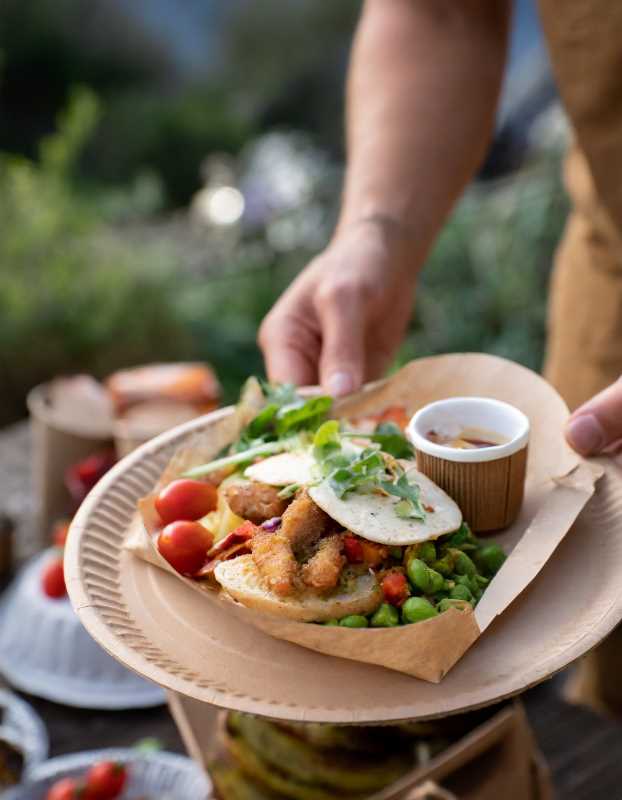Mango Seed Plates That Make Plastics Green with Envy
In Mexico, researchers are turning mango seeds into eco-friendly disposable plates, combating plastic pollution. These plates are durable, biodegradable in under a year, and support the local economy. A tasty twist on sustainability!

Picture this: you're sitting at a vibrant street-side taco stand in Mexico, devouring a plate of mouthwatering carnitas. Your disposable plate, made from, believe it or not, mango seeds, cradles your culinary masterpiece. It's not a figment of your imagination, but a sustainable reality emerging from the heart of Mexico.
Mexico, known for its rich culture and spicy cuisine, is also infamous for its consumption of plastics. As the twelfth largest consumer of plastics on the planet, it's clear that the country's affinity for single-use items has made quite the environmental mess. But, worry not because scientists and researchers are pulling off a transformation worthy of a Mexican telenovela.
To put things in perspective, global plastic pollution has amassed to an alarming 9,200 million tons, which is roughly equivalent to 1.2 billion elephants. Yes, you read that right, that's a staggering stack of pachyderms! Among the culprits are disposable materials, like plastic plates, which, in an ironic twist, barely outlast the time it takes you to wolf down that last taco—averaging a measly 12 minutes of glory.
Enter the unlikely hero of our tale: mango seeds. Mexico generates anywhere from 545 to 2,420 tons of these neglected gems annually. If left unattended, they'd merely rot away. But, in a stroke of eco-genius, researchers from the Packaging Laboratory of the Food and Development Research Center (CIAD) and the Department of Wood, Cellulose, and Paper at the University of Guadalajara. They decided to give these seeds a new lease on life.
Their ambitious mission? Transform mango seeds into eco-friendly, single-use plates that are as durable as they are environmentally responsible. With a dash of scientific wizardry and a sprinkle of ingenuity, they did just that. The result? Plates so nifty, they can handle even the juiciest of salsas without breaking a sweat.

Intriguingly, this project is not just about saving the planet, but also about supporting the local economy. The use of mango seed pulp in plate production could give a financial boost to hundreds of Mexican families who depend on the mango industry for their livelihood. Talk about a win-win!
But let's dive into the juicy details. The researchers at CIAD painstakingly processed mango seeds to extract cellulosic pulp. This pulp became the foundation for their sustainable plates. These dishes, put to the test under extreme conditions, proved that they could withstand the humidity and scorching heat that often characterizes the Mexican climate.
Now, let's talk about the grand finale – biodegradability. These mango seed plates break down in less than a year, which is remarkable when you consider that their villainous plastic counterparts take over a century to decompose. It's a whopping win for the environment.
With this innovative project, Mexico is offering a fresh and fruitful solution to the plastic problem. It's a testament to the power of science and sustainability. Mango seeds, once overlooked and discarded, have become the toast of the town. The next time you enjoy a taco on a disposable plate in Mexico, you can relish the fact that you're helping save the planet, one mango at a time. Ole!




